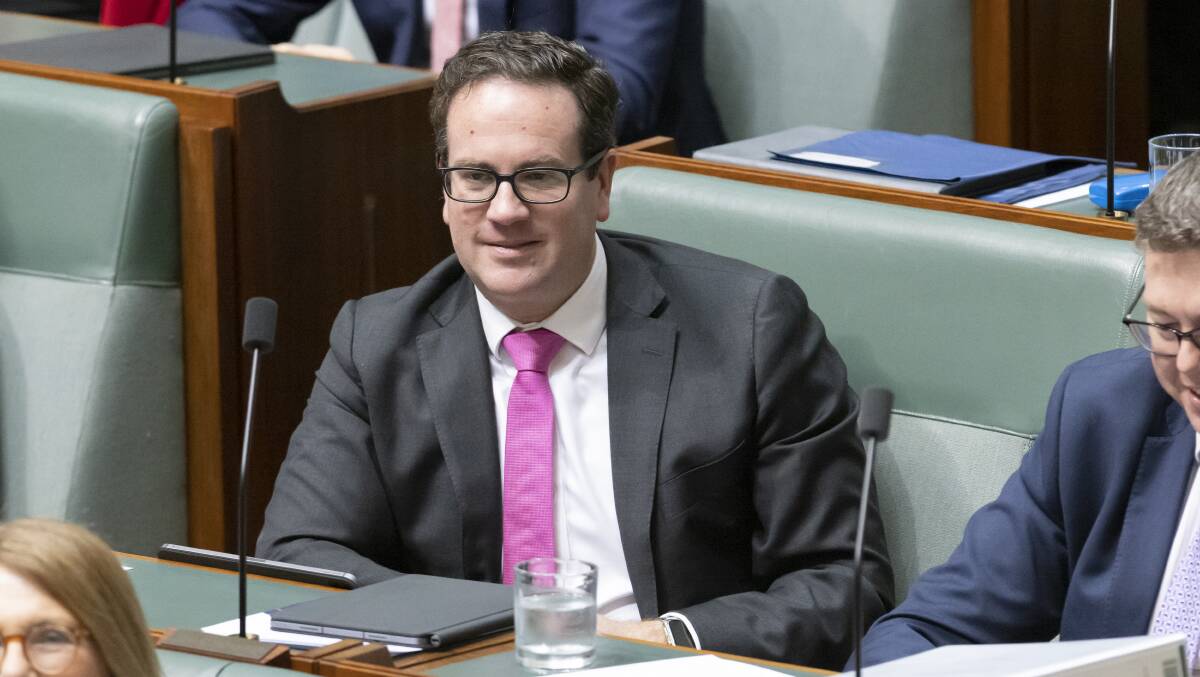Last month's interim report of the Royal Commission into Defence and Veteran Suicide presented an urgent challenge for the Albanese government, not only in reforming policies and legislation in this portfolio but in addressing government transparency and accountability more generally.
Subscribe now for unlimited access.
or signup to continue reading
The government's responses to some of the Royal Commission's recommendations tabled in parliament this week are commendable. These include agreeing to a pathway for reforming veteran entitlement legislation, addressing departmental staff shortfalls and dealing with an enormous claims backlog.
However the response to three key recommendations relating to lack of protections for witnesses, parliamentary privilege and public interest immunity confirm that the government has no intention of holding ministers and senior officials to account for neglect or even serious misconduct.
Firstly, the government has agreed only "in principle" to improve protections for witnesses whose testimony may include classified or sensitive information. Having identified an "unacceptable" lack of protections, the royal commission recommended simple amendments to the Royal Commissions Act, the Criminal Code and various defence and intelligence acts, to eliminate the prospect of criminal prosecution for disclosure of such information. The recommended amendments to the Royal Commissions Act will be "taken forward" while the government develops an agreement to "permit" defence personnel to access existing defences under the Criminal Code. This is hardly reassuring given the government continues to prosecute whistleblowers for exposing serious misconduct by senior defence and other government officials, including high level cover-ups of alleged war crimes in Afghanistan.

Two weeks ago the defence chiefs posted social media videos encouraging serving defence personnel to come forward to the royal commission, emphasising nobody would be penalised for doing so. Some of these same officers are alleged to have been involved in covering-up war crimes. For its part, the government has recently decided that no senior officer will be held accountable for command responsibility beyond their platitudinous and legally inconsequential admissions of "moral responsibility." The betrayal of trust emanating from this culture of institutionalised impunity has contributed substantially to the incidence of veteran suicidality that is the subject of this inquiry.
Secondly, the government has simply "noted" a recommendation to exempt royal commissions from the Parliamentary Privileges Act, arguing that royal commissions can carry out their functions without infringing on privilege. This is a straw-man argument. The issue is not whether the royal commission has "infringed" privilege, but rather that the misuse of privilege is seriously impeding the inquiry's proceedings.
READ MORE:
The interim report went to lengths explaining how parliamentary privilege is having "an extremely adverse effect" by preventing the royal commission from achieving clear visibility of government inaction on the findings of numerous prior inquiries and reports. Parliamentary privilege can only be waived by parliament through legislation. The Albanese government has now refused to make the necessary amendments to that legislation.
Finally, the government has also "noted" the royal commission's recommendation to immediately reform policies related to public interest immunity claims, without committing to those reforms. During the inquiry, former ministers and senior officials have frequently been questioned under oath on the progress of previously recommended reforms only for government counsel to object on the grounds that an answer may disclose conversations with a minister or prime minister. While conceding that the royal commission needs to access this information and making a vague commitment to introducing "additional rigour" to immunity claims, the government's response is at pains to highlight a principle of "collective responsibility" justifying the confidentiality of cabinet deliberations. Hence it is clear that the government intends to keep ministers immune from individual accountability, even where serious misconduct may have been involved.
The necessity of the key reforms that the government has unequivocally agreed to implement were well known for years prior to this royal commission. Sadly it took the impetus of this interim report to overcome some of the bipartisan political neglect, intransigence and inertia that have been the hallmarks of the veterans' portfolio. However deeper systemic dysfunction at the highest levels of government cannot be properly scrutinised, much less reformed, because the government has essentially rejected the relevant recommendations.
Despite Labor's full commitment to supporting the royal commission during the recent election, what's become clear this week is that the inquiry has been designed to fail.
- Stuart McCarthy is a former Australian Army officer whose 28-year military career included six operational deployments. He has advocated for a royal commission since 2015.

